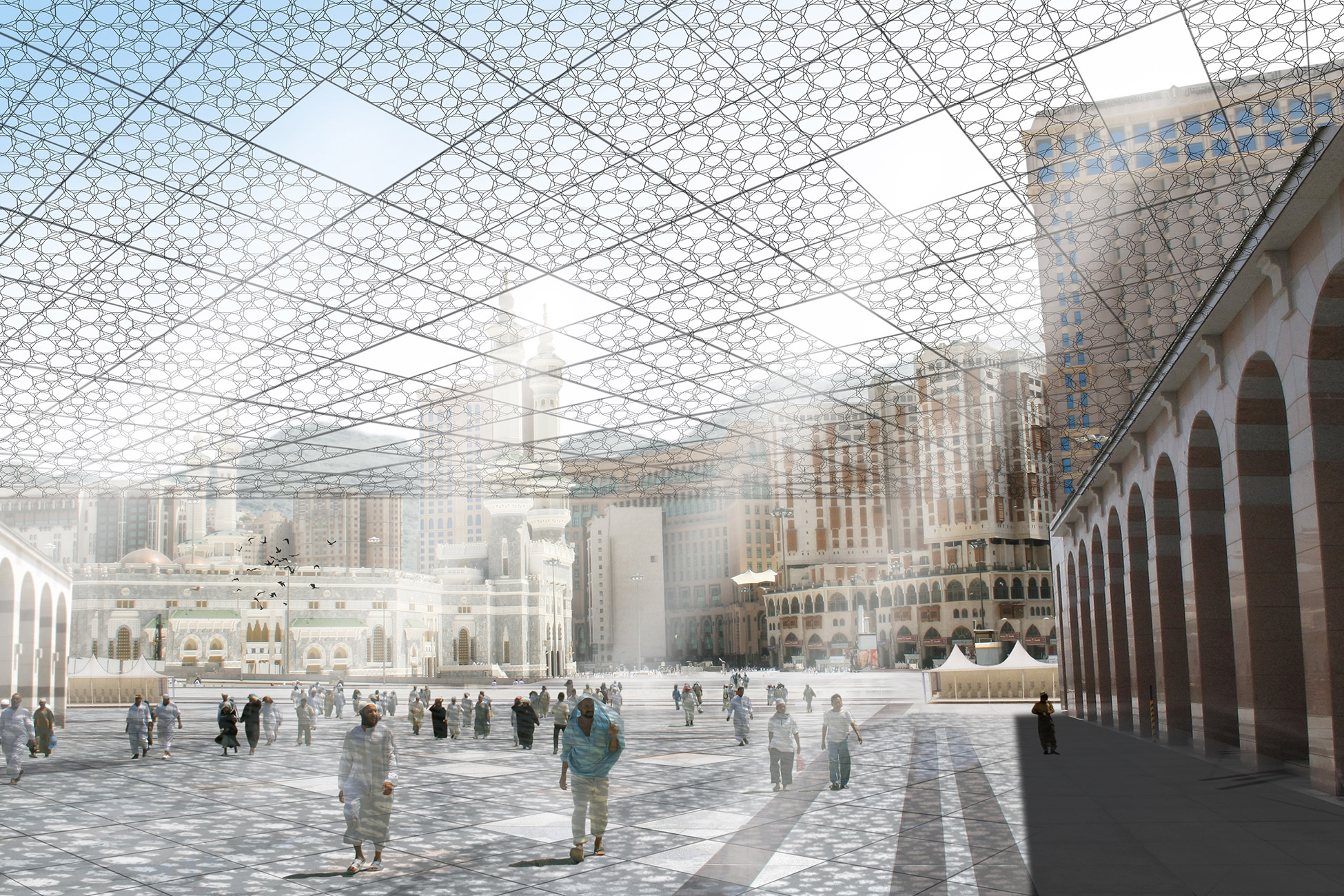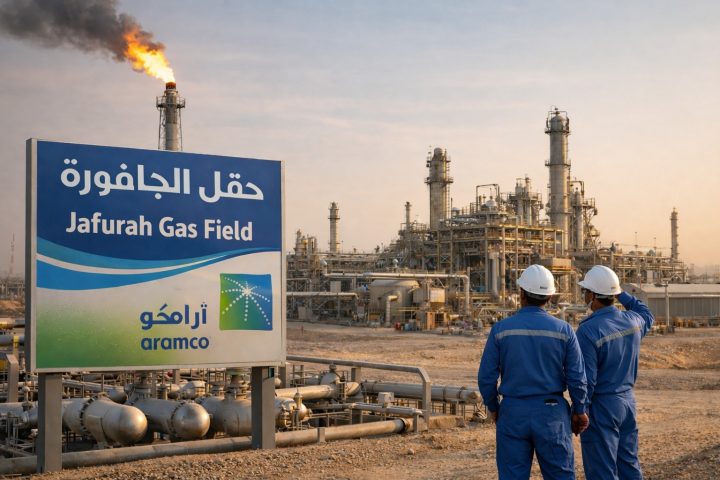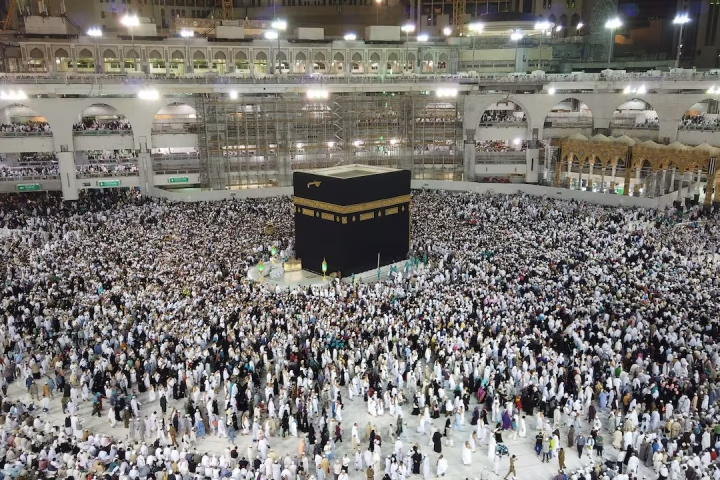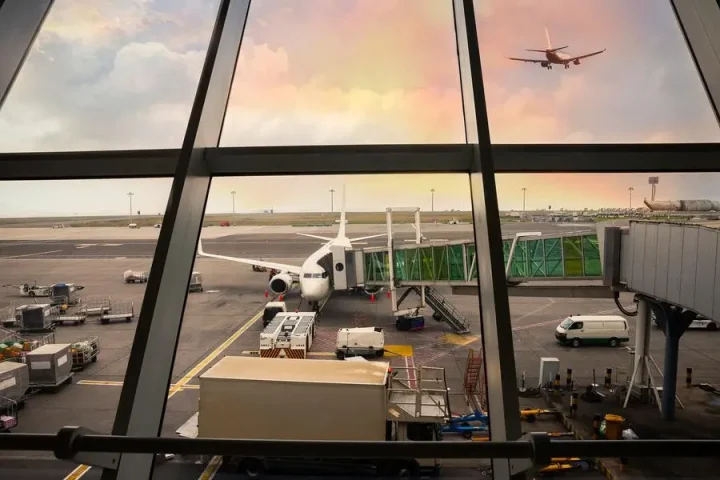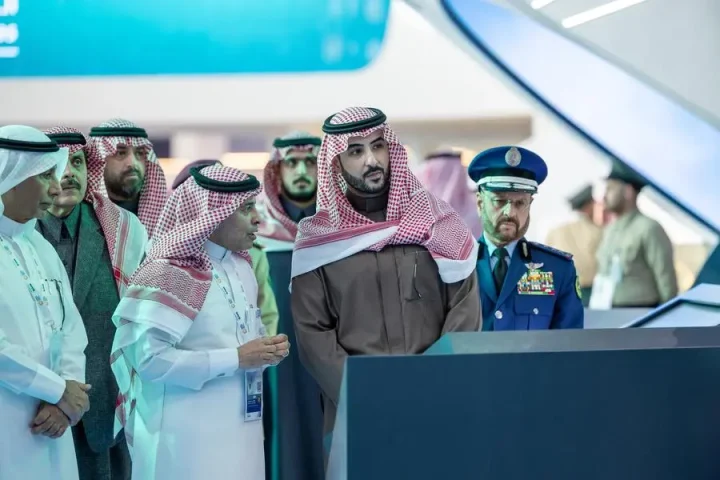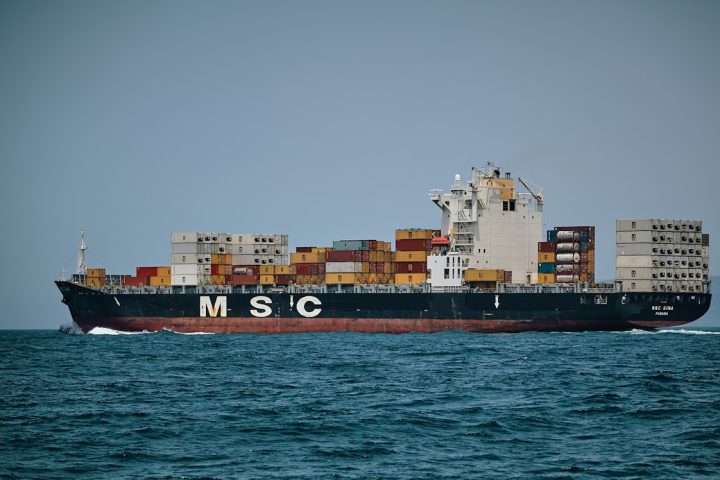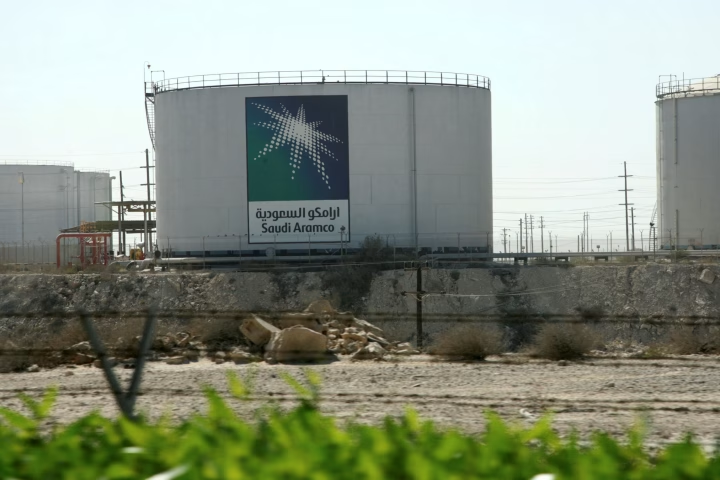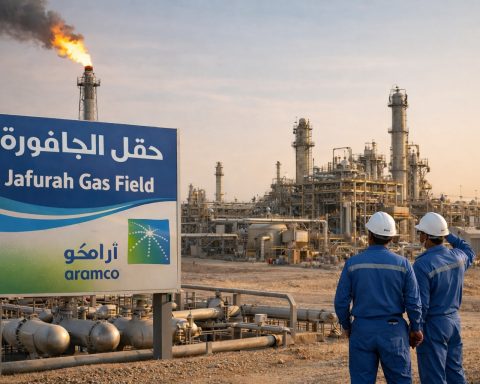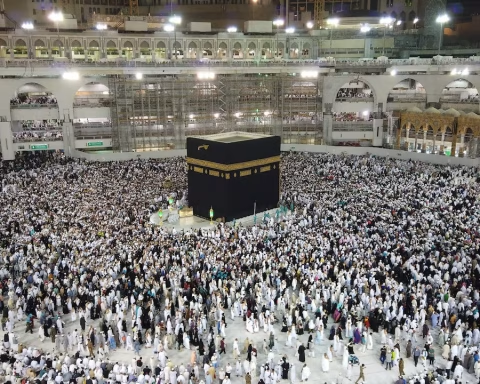Makkah holds a profound spiritual significance for over two billion Muslims worldwide.
It is home to the Kaaba within the Grand Mosque (Masjid Al-Haram), the qibla (direction of prayer) for all Muslims. Each year,
millions of pilgrims travel to Makkah to perform Hajj and Umrah, making the city’s development a central pillar of Saudi Vision 2030 and its various national programs.
Accompanied by world-class development plans, Makkah’s transformation aligns with the Kingdom’s strategic ambition to become a global leader in construction and urban development.
According to a report by global real estate consultancy Knight Frank MEA, Saudi Arabia is expected to lead the global construction market by 2028,
with the total output of the construction sector estimated to reach $181.5 billion, making it the largest construction market worldwide.
In 2023 alone, Makkah held the second-largest share of total construction contract value in the Kingdom, surpassing SAR 107 billion.
Project Management Challenges in Makkah
Due to its spiritual significance and the influx of millions of visitors, Makkah presents unique challenges for implementing large-scale projects,
especially those overlapping with Hajj and Umrah seasons. These religious periods demand the highest levels of service and operational excellence, putting pressure on project execution.
Below are some of the most common challenges faced by project managers and authorities during these peak times:
Safety Concerns: Ensuring the safety of workers and pilgrims is paramount, especially during periods of extreme crowding, such as Ramadan and Hajj.
Time Constraints: With infrastructure projects aimed at serving visitors, the surge in seasonal crowds adds pressure to meet tight deadlines.
Delays can occur due to increased traffic congestion, restricted access to project sites, and limited working hours.
Logistical Complexities: Managing transport, supply chains, and the movement of goods in densely populated and highly congested environments poses a major challenge.
Supply Chain Continuity: During peak seasons, securing key resources (e.g., skilled labor, materials,
and equipment) becomes difficult due to movement restrictions, high demand, or limited availability.

Mitigation Strategies
When extending the project timeline is not an option, and to minimize the negative impact on project performance during Makkah’s peak seasons,
project managers can apply several mitigation strategies based on the specific project conditions:
Reprioritize Deliverables
Focus on high-priority components that directly impact the public during the season and commit to delivering them on time, while rescheduling other elements for later stages.
Schedule Compression
Allocate additional resources or reassign existing ones to priority areas, while carefully evaluating the overall impact on the project’s budget.
Off-Peak Task Scheduling
Shift certain activities to non-peak hours, allowing workers and suppliers easier access to the site and reducing delays.
Advance Resource Readiness
Ensure all materials and workforce are secured ahead of time. Review procurement contracts and confirm delivery timelines with suppliers.
Identify and document any associated risks.
Agile Management Approach
Break down the project scope into smaller, more manageable components. Track progress using dashboards and hold daily stand-up meetings with key leaders to identify bottlenecks and resolve issues promptly.
Final Note
Successful project management in Makkah — particularly during crowded religious seasons — demands a proactive, adaptive,
and collaborative approach from project teams.
It also requires creative problem-solving and agile leadership to navigate complex challenges and ensure timely, safe, and efficient project delivery.
See More: Saudi Arabia and Netherlands Sign Deal to Advance Agricultural Services


